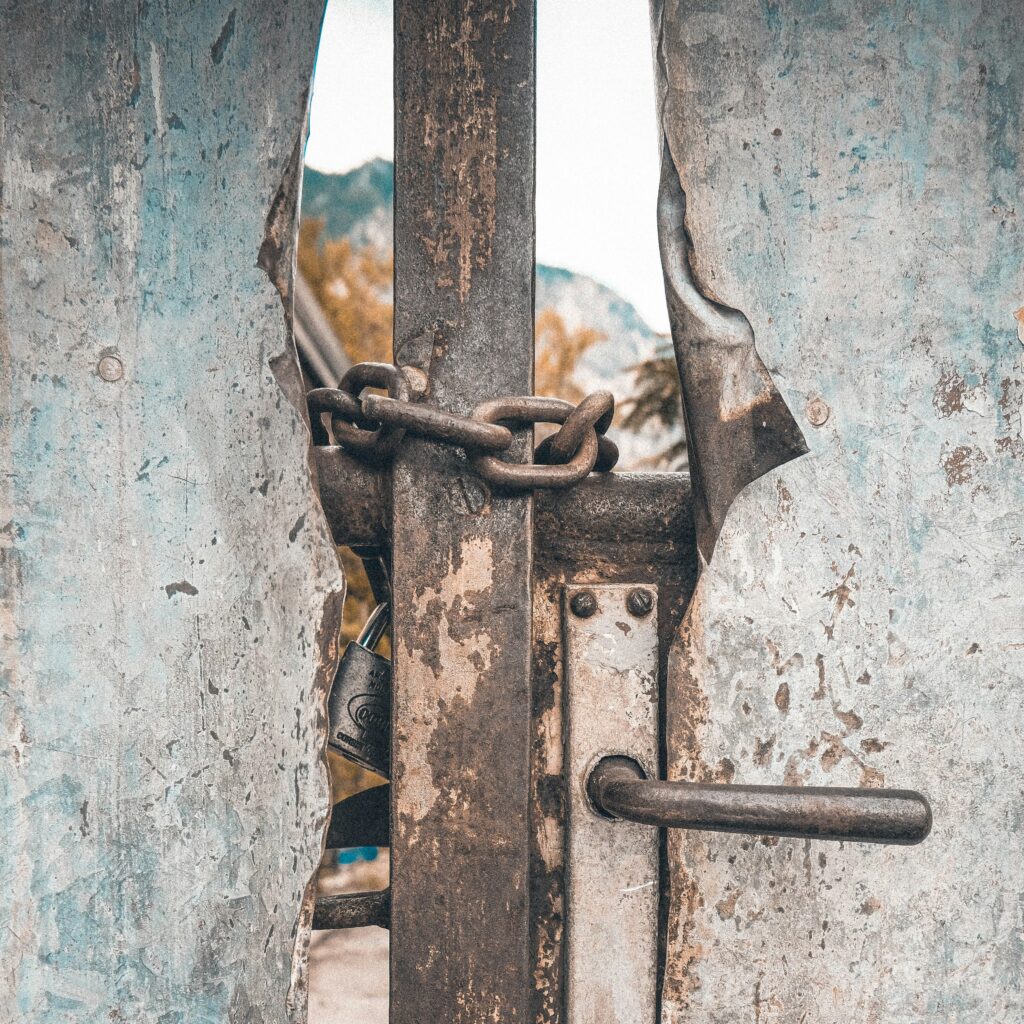Processing Trauma & Finding Identity

If you’ve lived through abuse, you know the grief of feeling invisible, worthless, unwanted, silenced, and abandoned… Our Lord Jesus longs to sit with us in the inner voids of pain to speak His truth and love, bringing restoration to our sense of identity and belonging.
Thoughts about Resilience

Resilience isn’t just about bouncing back—it’s about creatively transforming challenges into something meaningful. True resilience requires engaging with what you have, thinking outside the box, and building something valuable from life’s setbacks. Whether in relationships, personal growth, or life transitions, resilience empowers you to move forward with intention. Discover how to cultivate resilience in a way that brings purpose and possibility to your journey.
What Happens After Separation?

After separating from domestic abuse, it is normal to feel and array of conflicting, emotions. Each stage of healing comes with its own challenges and experiences. Read more for examples of emotions you may encounter.
Do You Have Any Red Flags?

This title is a bit of a trick question. We’re taught to be wary of others, which assumes our “safety” depends on our ability to correctly discern others’ meaning and motives. That is part of the equation, yes. But, it sets us up to live in suspicion and fear.
How Can God Be Love If Religious People Hurt Me?

Explore a personal journey of questioning God’s love amid religious abuse. Discover how Jesus heals and redeems pain caused by those misusing faith, offering hope and a renewed understanding of God’s heart.
Healing from Crazy-Making

If you’ve found your way here, it’s likely that you’re feeling discouraged, angry, or just plain exhausted. Maybe you’re tired of being used or walked over. Perhaps you’re feeling lonely, scared, or unsure of your own instincts. You might even be questioning your sanity. Whether you’re desperately flailing or simply in need of better grounding, you’re not alone.
Recovering Your Identity After Escaping Codependency and Abuse

We cannot get through life unscathed by trauma. Yet, we often let trauma dominate our lives through denial, avoidance, fear, or naivete. Undealt with, trauma isolates us and leads to self-protection, manifesting as codependence or narcissism. Both extremes involve hiding oneself to manage the world around them. As natural nurturers, most women tend to lean toward codependency.
Healing and Wholeness after Escaping Abuse

You cannot live (or love) well if you are not well. Your journey to healing begins with finding your own footing to think, speak, act, and live authentically no matter who agrees.
Narcissistic Victim Syndrome: Recovery

In this part of our series on Narcissistic Victim Syndrome, we focus on recovery. Standard, run-of-the-mill approaches are potentially dangerous for couples stuck in power and control cycles. As coaches and counselors, we must protect the victim from further harm and work to potentially bring them to a place of collaboration. The dominating partner must become connection-oriented before collaboration can occur. Which means that couples work is not the first step.
Narcissistic Victim Syndrome: Overview

Our working definition of emotional abuse is that it is an ongoing pattern of selfish, destructive behaviors used to gain and maintain control over their spouse for one’s own benefit at the expense of their spouse. Underlying this pattern of behavior is a strong sense of entitlement to use others regardless of the cost to them. Narcissistic, emotional abuse eventually culminates in a very complicated case of un-health. The soul-crushing experience of being dismissed, unheard and unseen, belittled, and silenced culminates in becoming a dead (wo)man walking.
